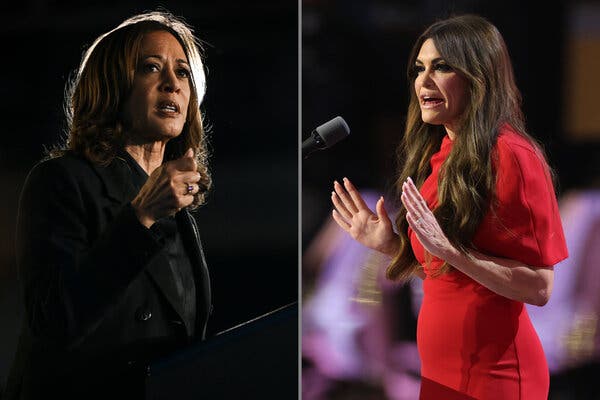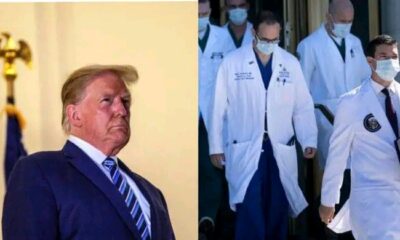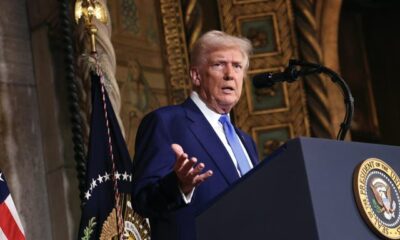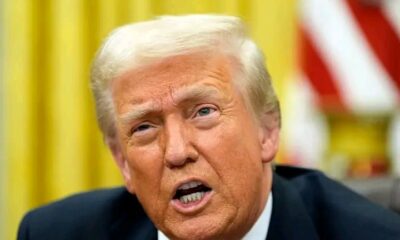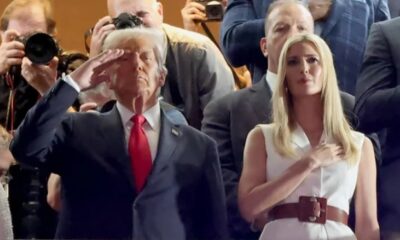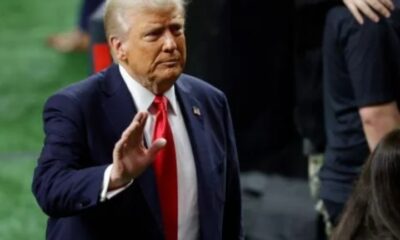CELEBRITY
Exclusive: Over two decades ago, Kamala Harris and Kimberly Guilfoyle, a future Trump campaign surrogate, were both rising legal stars in San Francisco. Then Guilfoyle accused Harris of trying to deny her a job…See More
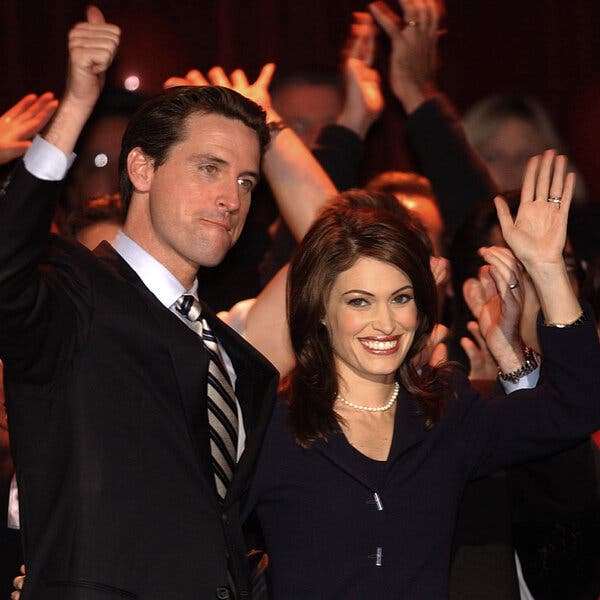
They were young lawyers, rising political stars and social acquaintances in the most exclusive quarters of San Francisco civic life.
But around 2000, Kamala Harris placed a phone call to Kimberly Guilfoyle that would echo, semi-surreally, in the sufficiently semi-surreal presidential campaign of 2024.
Ms. Harris was an assistant district attorney in the city. Ms. Guilfoyle was in discussions to join the office. Ms. Harris was calling, according to Ms. Guilfoyle, to suggest there was no job for her there.
“She pretended to be a member of the hiring committee, which didn’t exist,” Ms. Guilfoyle said in a recent phone interview.
Ms. Harris’s boss at the time hired Ms. Guilfoyle anyway, broadly corroborating her version of events years later as he recalled Ms. Harris’s fierce opposition to the move.
Ms. Harris has repeatedly denied snubbing Ms. Guilfoyle since the matter was first raised publicly more than 20 years ago, saying the phone call was merely about offering “help.”
And if that was something of an artful dodge, Ms. Harris’s friends say now, she was prescient to be skeptical of Ms. Guilfoyle from the beginning.
“If she ever did do that,” said Stanlee Gatti, a close friend of Ms. Harris’s and the best man at now-Gov. Gavin Newsom’s wedding to Ms. Guilfoyle in 2001, “she was smart.”
More than two decades later, Ms. Harris is the Democratic nominee for president and Ms. Guilfoyle is a ubiquitous surrogate for her opponent — a memorably zealous speaker at consecutive Republican National Conventions and a de facto Trump relative since her engagement several years ago to Donald Trump Jr.
Her present campaign task: persuading voters that she knows Ms. Harris better than most and imploring them to block her from power.
“I know her for 25 years, and let me tell you something,” Ms. Guilfoyle said recently at a Republican dinner in Florida. “Do whatever it takes to keep her out of the White House.”
The buzzy, hazy tale of Ms. Harris and Ms. Guilfoyle ascending in parallel in San Francisco demands two firm caveats:
Ms. Harris’s supporters say, credibly enough, that this is now something of a one-sided dialogue. The vice president does not seem to have uttered a public word about Ms. Guilfoyle in years.
And modern political history is overstuffed with reductive and often sexist accounts of rivalries between professional women — the province of passing gossip and unfortunate allusions to “cat fights” — as if men were wholly incapable of ambition, conflict and petty grievance.
Yet as Ms. Harris and Ms. Guilfoyle find themselves, a quarter-century later, as political adversaries on the grandest scale, their intersecting early-career arcs reveal something more enduring about these onetime counterparts, their divergent paths and the political parties in which they ultimately rose.
This was the period, in the perpetual tinderbox of San Francisco politics, when Ms. Harris and Ms. Guilfoyle formed the outlines of the public figures they would become.
